
10 Tools for Enhancing ESG Data Collection and Analysis
- August 23, 2024
- OHI

In an era where corporate responsibility is under the microscope, Environmental, Social, and Governance (ESG) data collection and analysis have become essential for organizations aiming to thrive. Stakeholders—ranging from investors to consumers—are increasingly demanding transparency about how companies impact the world around them. This heightened scrutiny necessitates robust ESG strategies, making effective data collection and analysis crucial. In this article, we’ll explore ten innovative tools designed to enhance ESG data practices, empowering organizations to navigate the complexities of sustainability reporting with confidence.
ESG data encompasses a myriad of metrics, from carbon emissions and labor practices to board diversity and community engagement. The challenge lies in not only gathering this diverse data but also analyzing it to derive meaningful insights. Organizations often face hurdles due to the lack of standardized reporting frameworks and the intricate nature of ESG factors. Fortunately, the right tools can simplify this process, enabling companies to assess their sustainability performance and communicate their efforts effectively.
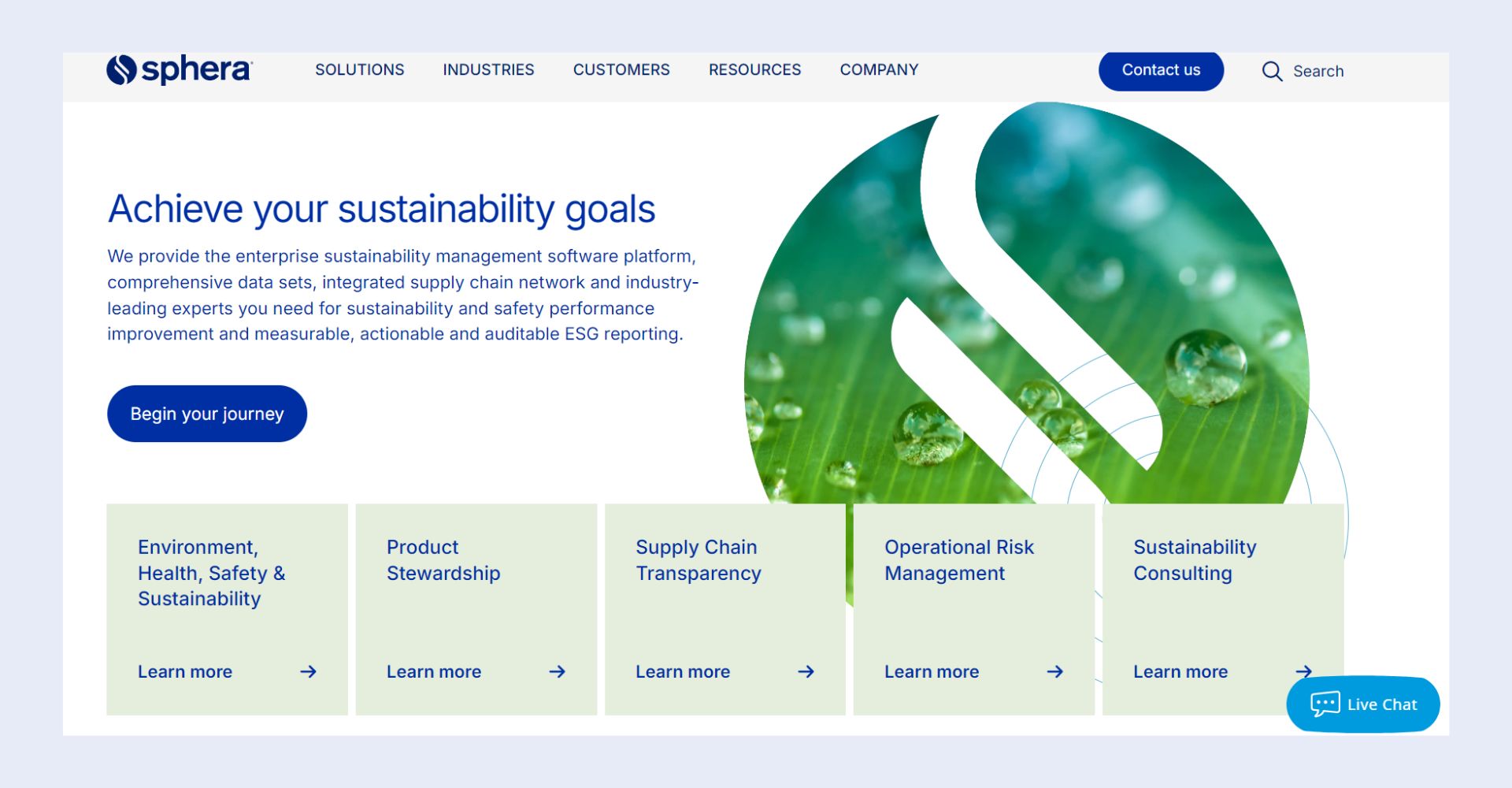
Sphera is a leading provider of integrated risk management software, particularly focused on ESG data management. Its platform offers a comprehensive suite of tools designed to help organizations collect, analyze, and report on their ESG performance effectively.
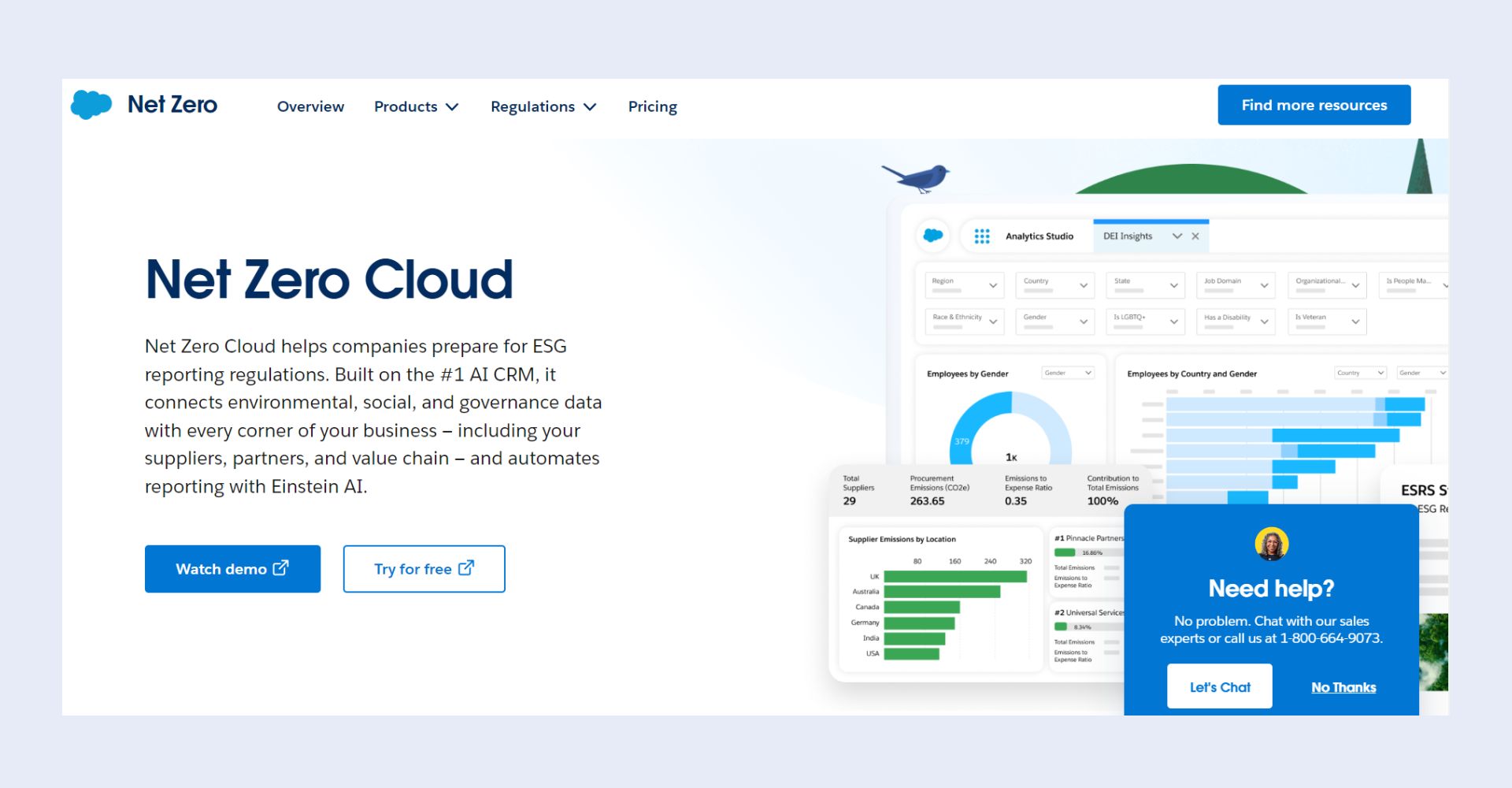
Salesforce’s Sustainability Cloud is a game-changer for organizations seeking to measure and manage their carbon footprint. Its seamless integration with existing Salesforce applications makes it particularly appealing for businesses already on the platform.
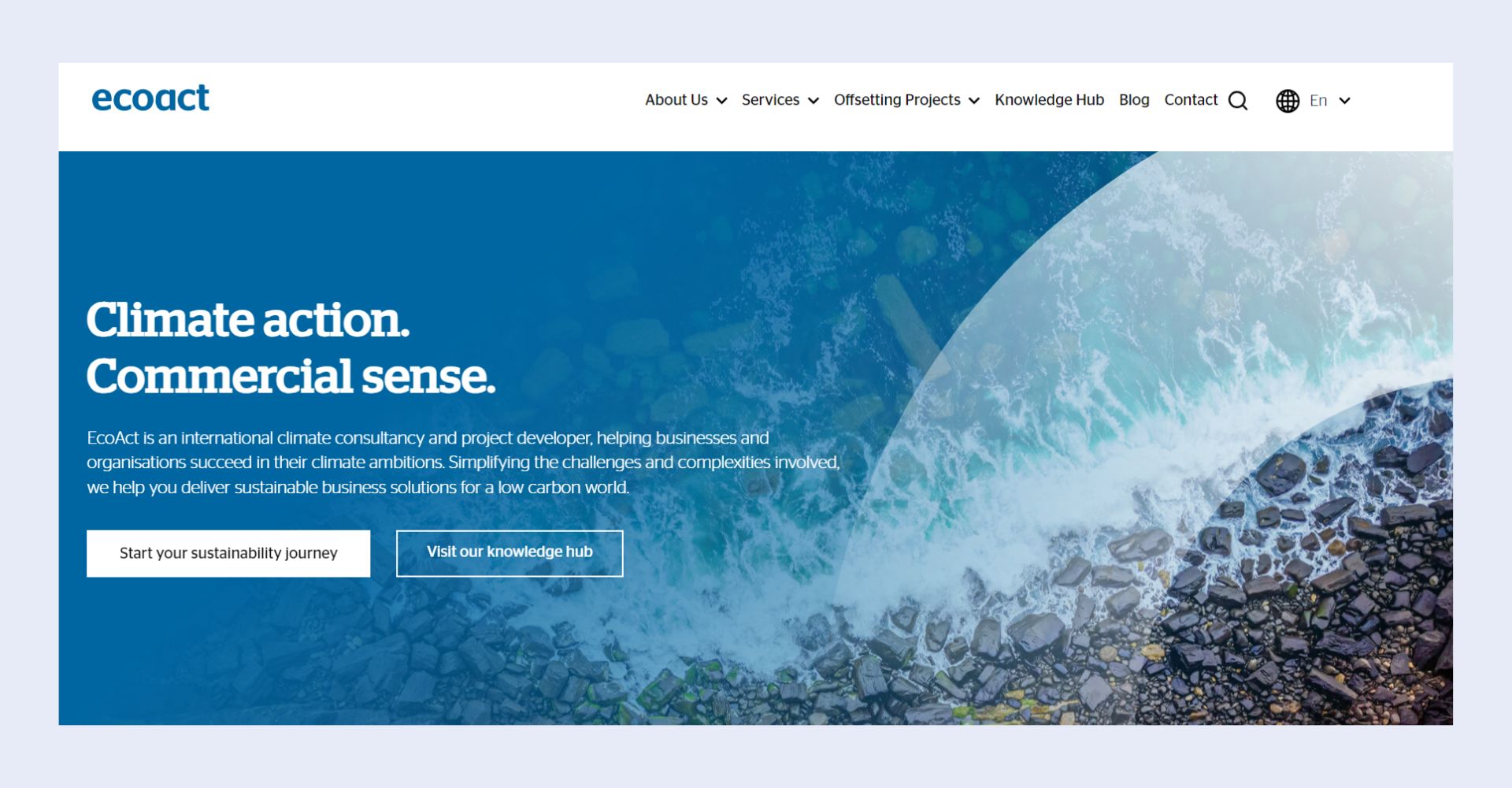
EcoAct specializes in climate strategy and carbon management, offering a platform that helps organizations collect and analyze critical ESG data related to their sustainability initiatives.
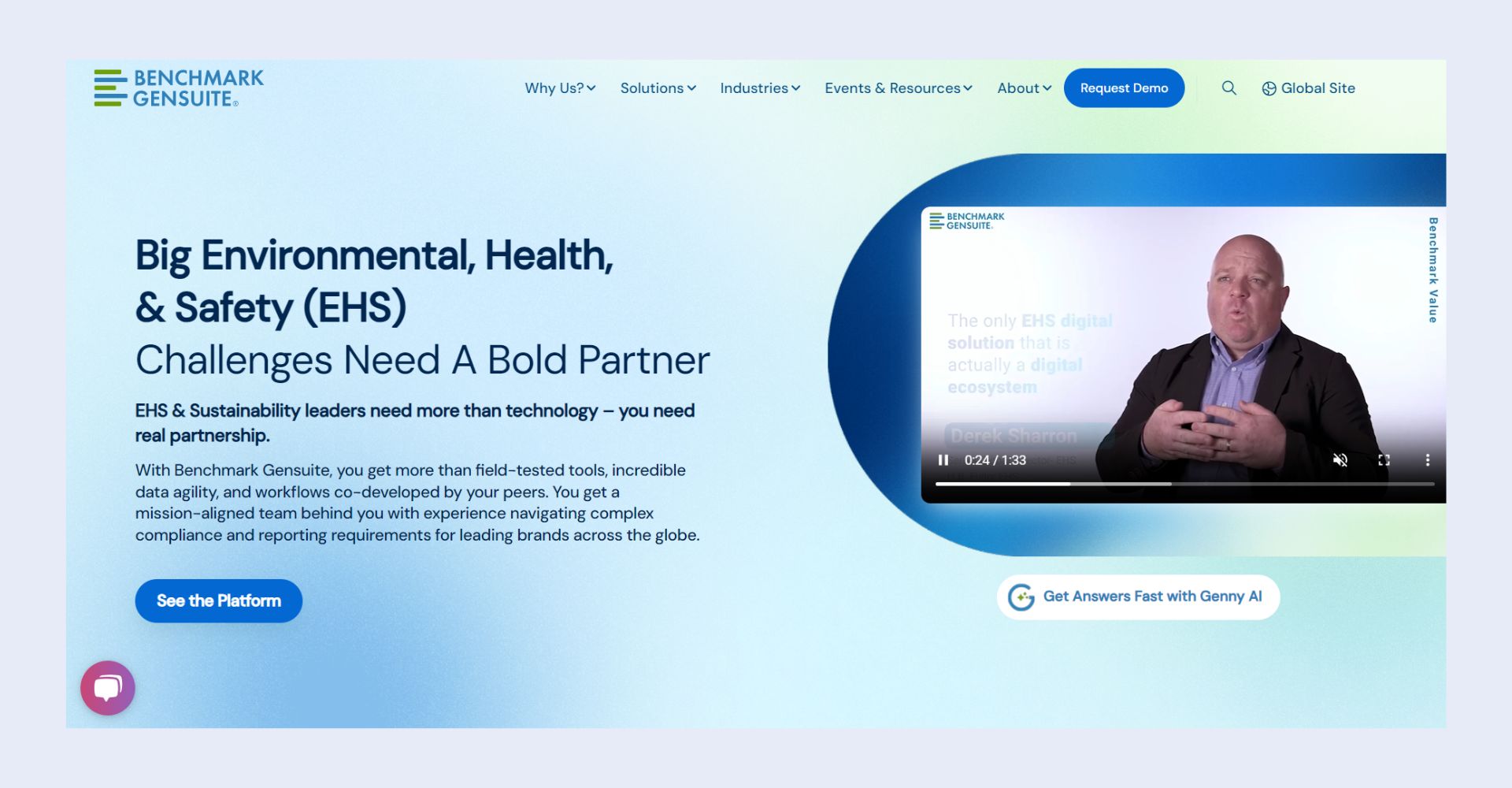
Gensuite is a cloud-based software that focuses on Environmental Health and Safety (EHS) and sustainability. Its features are designed to enhance ESG data collection and analysis, making it a preferred choice for many organizations.
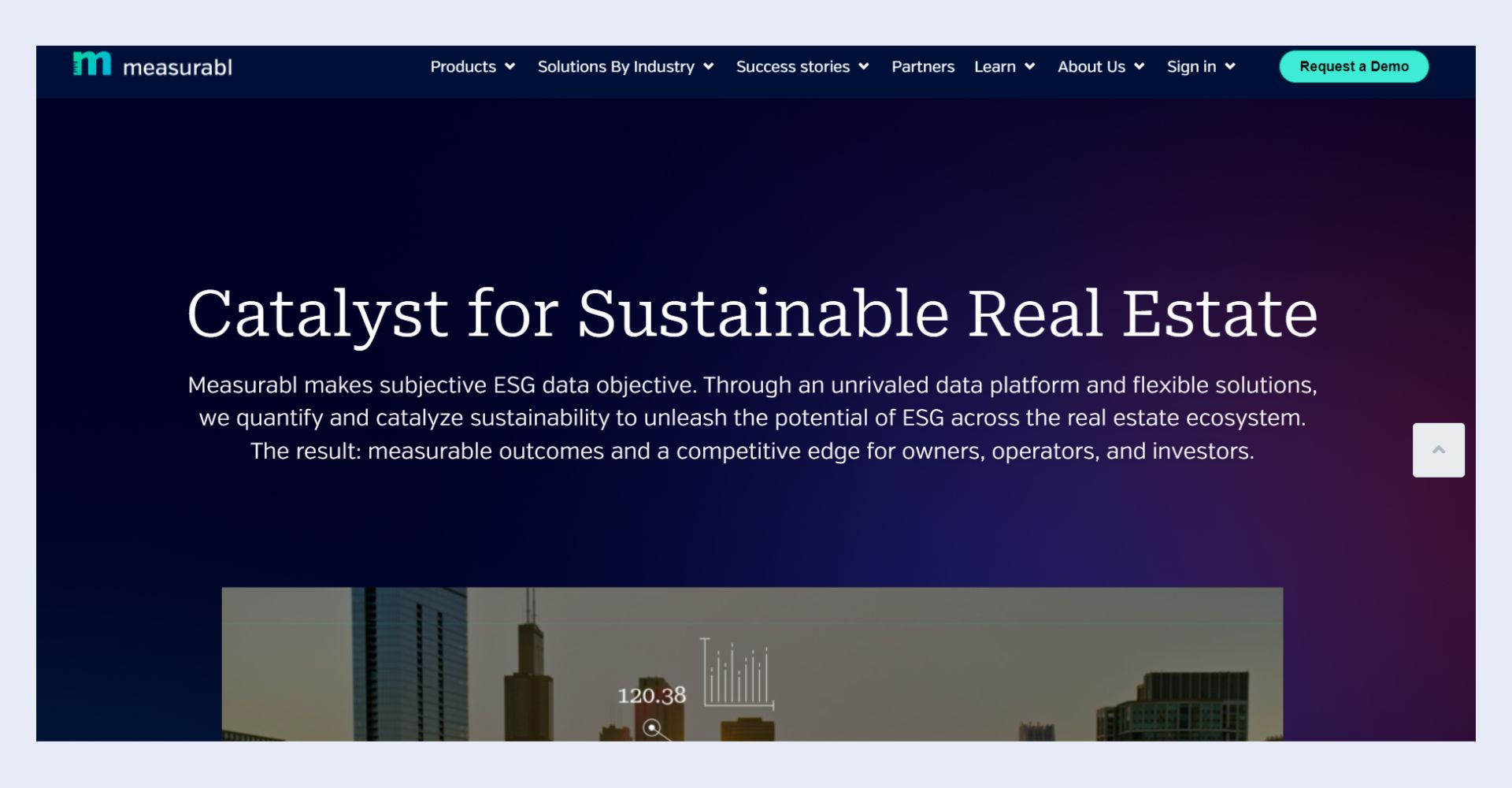
Measurabl is a leading platform specifically designed for real estate sustainability management. It simplifies the tracking of ESG metrics for property owners and managers, making reporting a breeze.
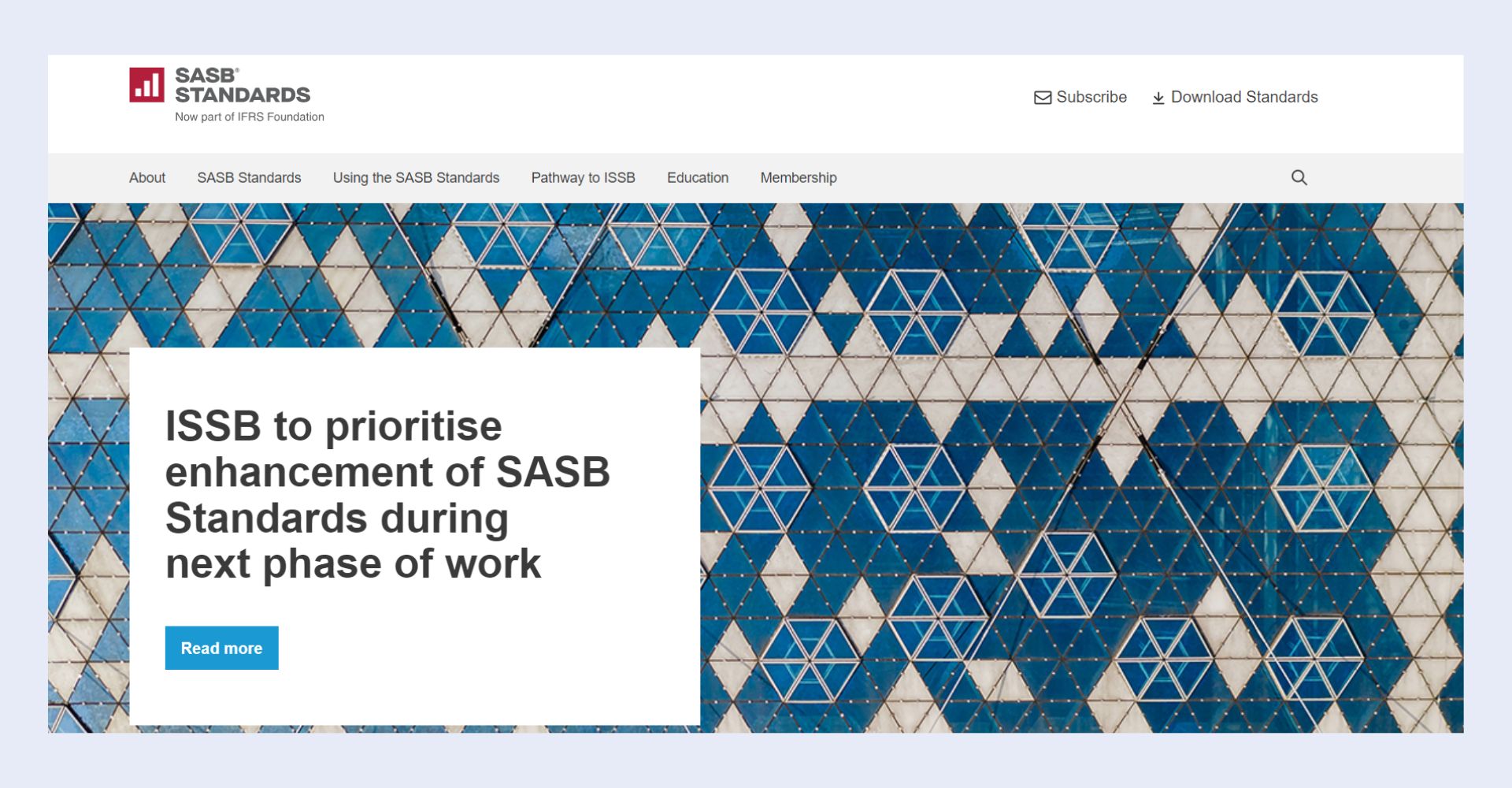
The Sustainability Accounting Standards Board (SASB) provides a crucial framework for companies to disclose ESG data relevant to investors. While not a tool per se, SASB standards are invaluable for guiding organizations in their reporting efforts.
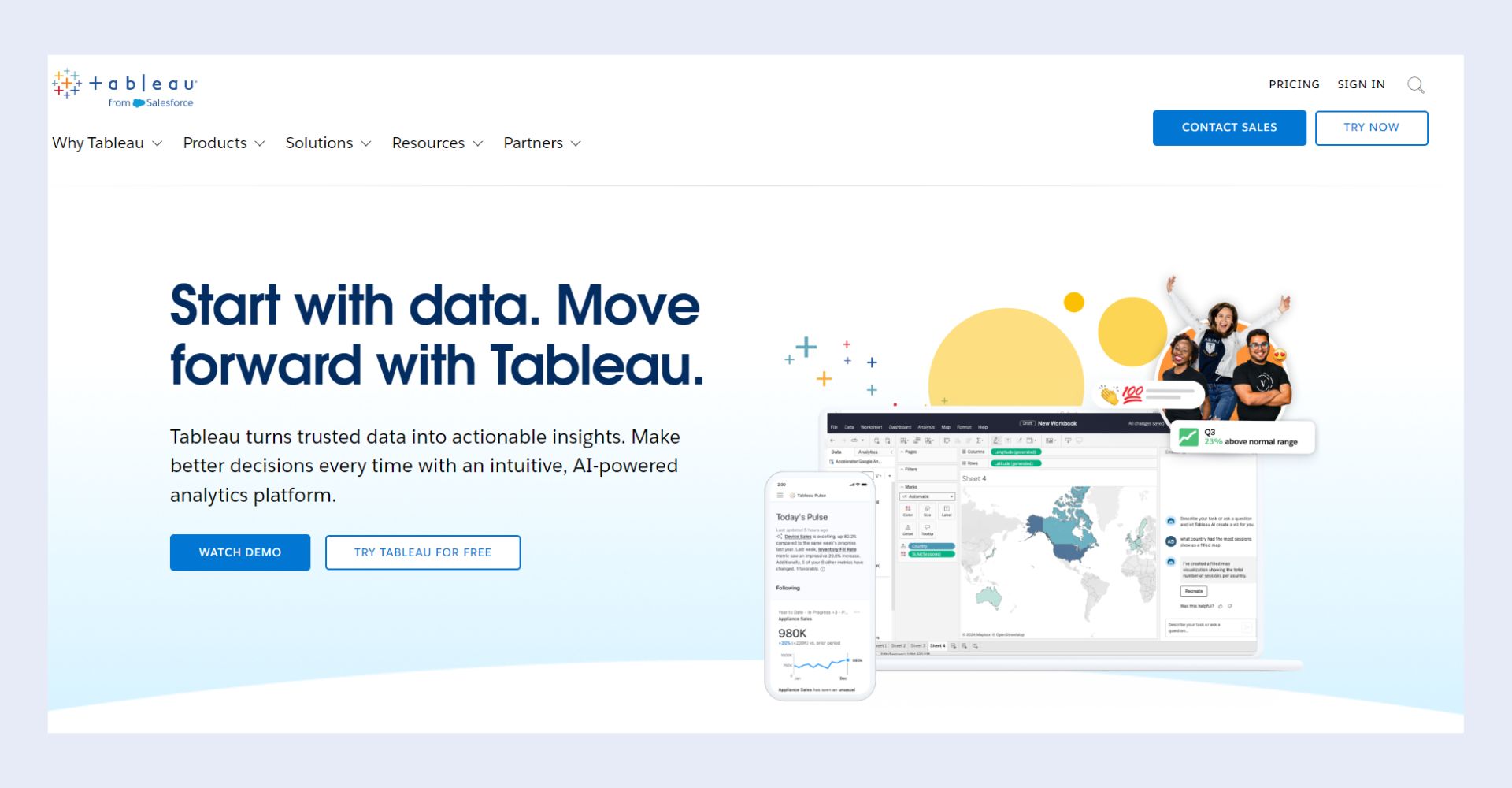
Tableau is a powerful data visualization tool that enables organizations to turn complex ESG data into intuitive visuals. Its user-friendly interface makes data analysis accessible to everyone.
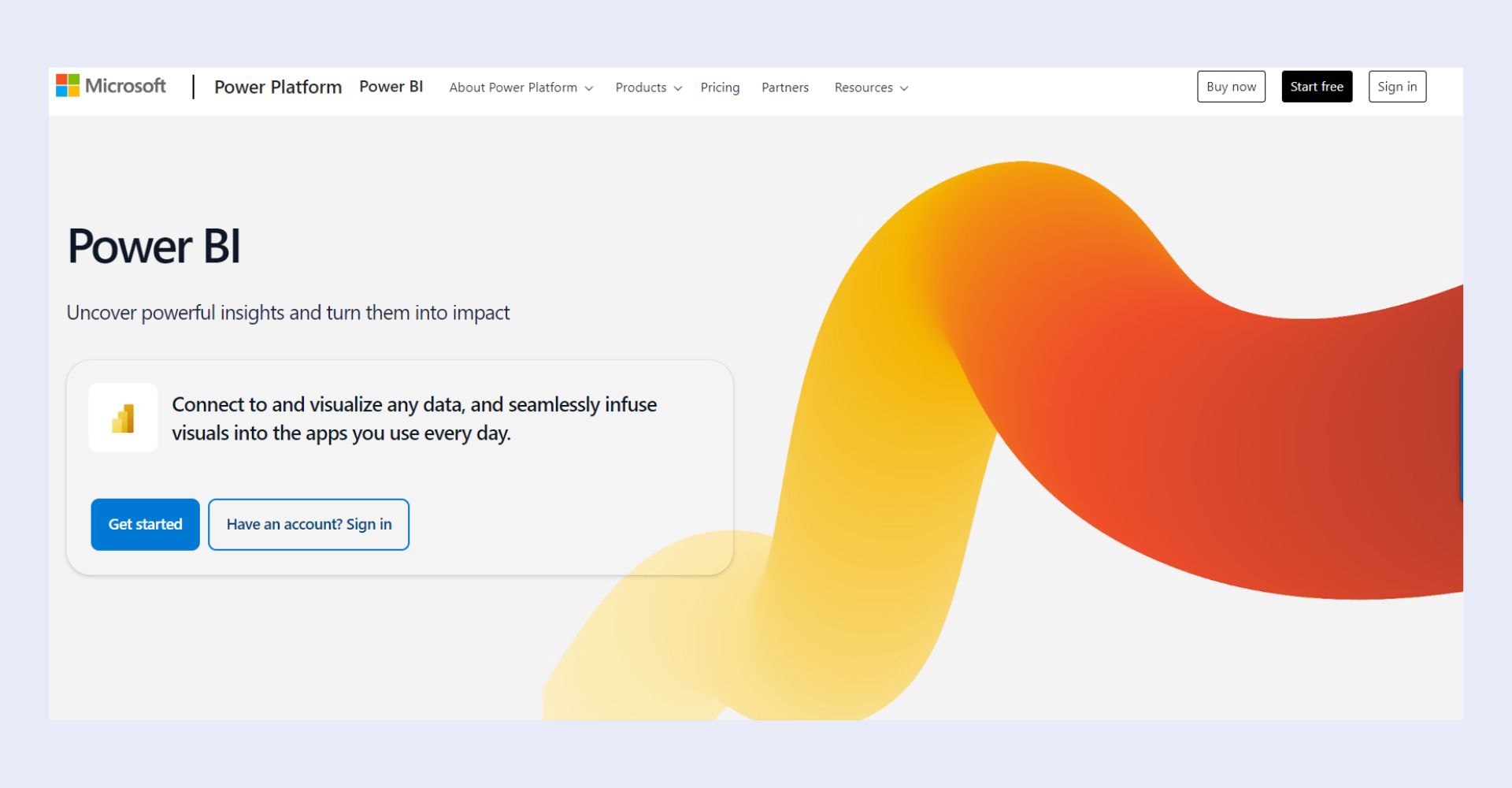
Microsoft Power BI is another robust tool that provides organizations with the ability to analyze ESG data effectively. Its intuitive design allows users to create insightful reports and dashboards.
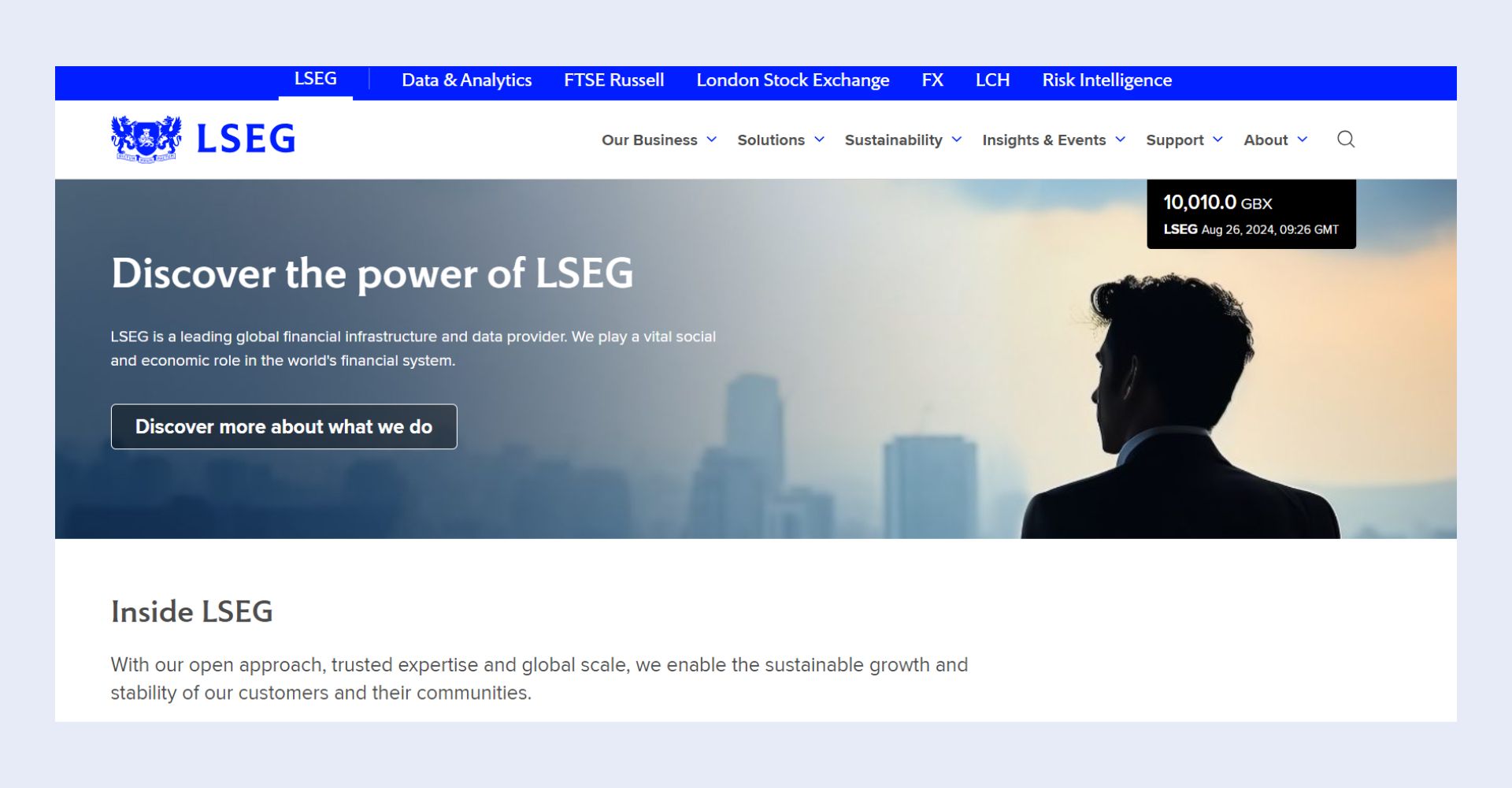
LSEG offers a comprehensive ESG data platform that provides access to a wealth of sustainability data. Their tools empower organizations to analyze ESG performance and make informed decisions.
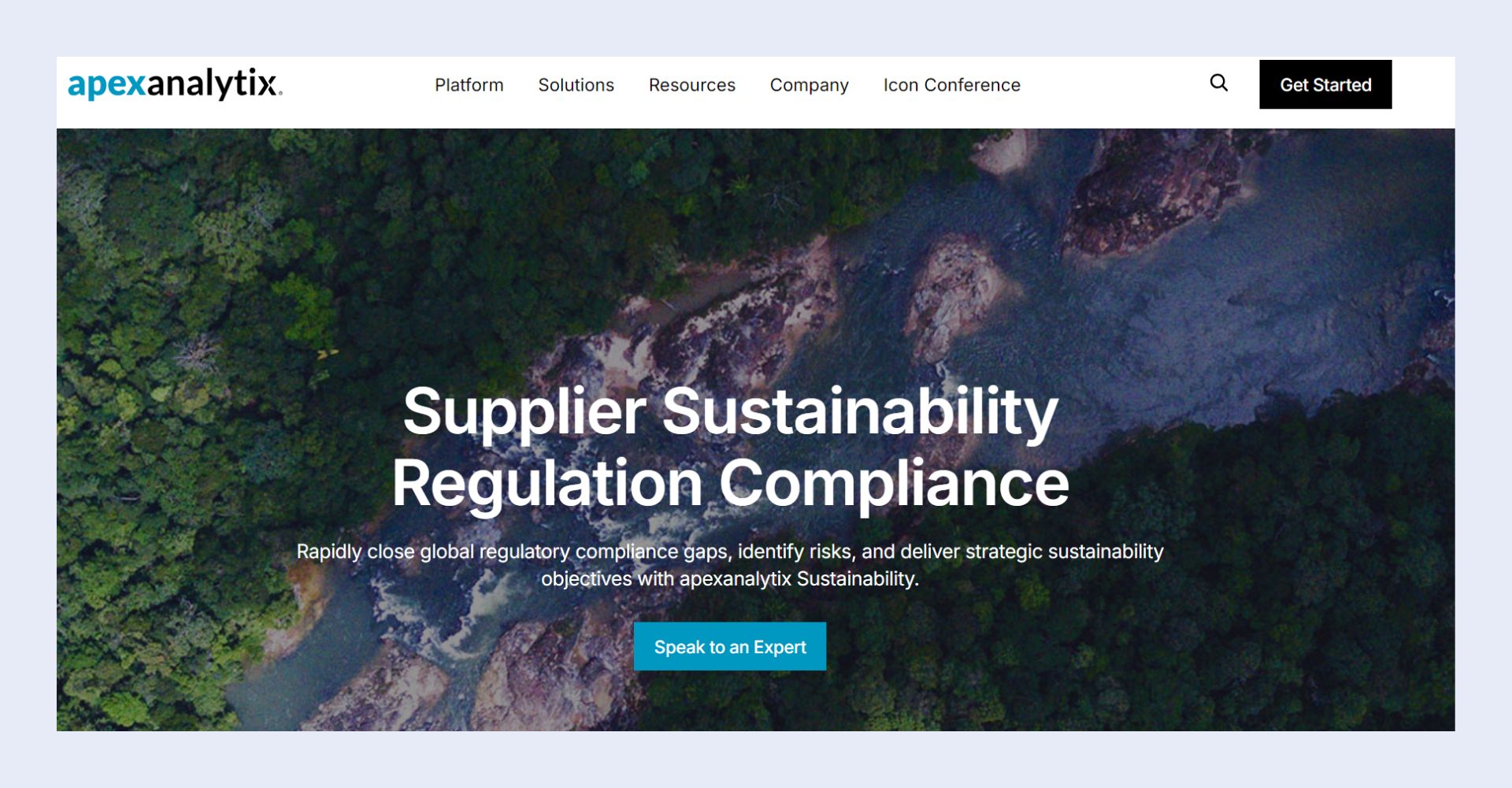
Apex Analytix is dedicated to ESG data management and reporting, helping organizations streamline their processes and improve data accuracy.
As the demand for ESG data collection and analysis grows, organizations must equip themselves with the right tools to navigate this complex landscape. The ten tools outlined in this article offer a variety of features to enhance ESG data management, from automated data collection to advanced analytics and reporting. By leveraging these tools, organizations can not only improve their ESG performance but also build trust with stakeholders, fostering a more sustainable future for all. Investing in effective ESG data practices isn’t just a trend—it’s a commitment to responsible business that resonates with today’s conscientious consumers and investors.
Contact us for a customized NO OBLIGATION proposal for outsourcing your accounting activities.







